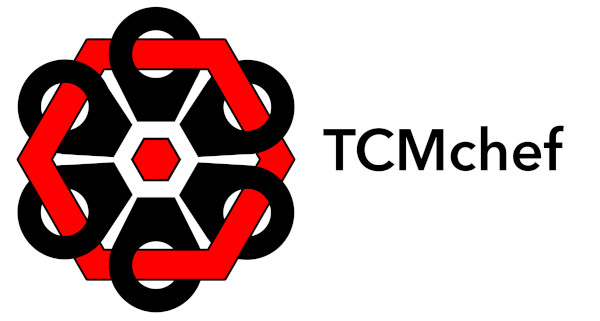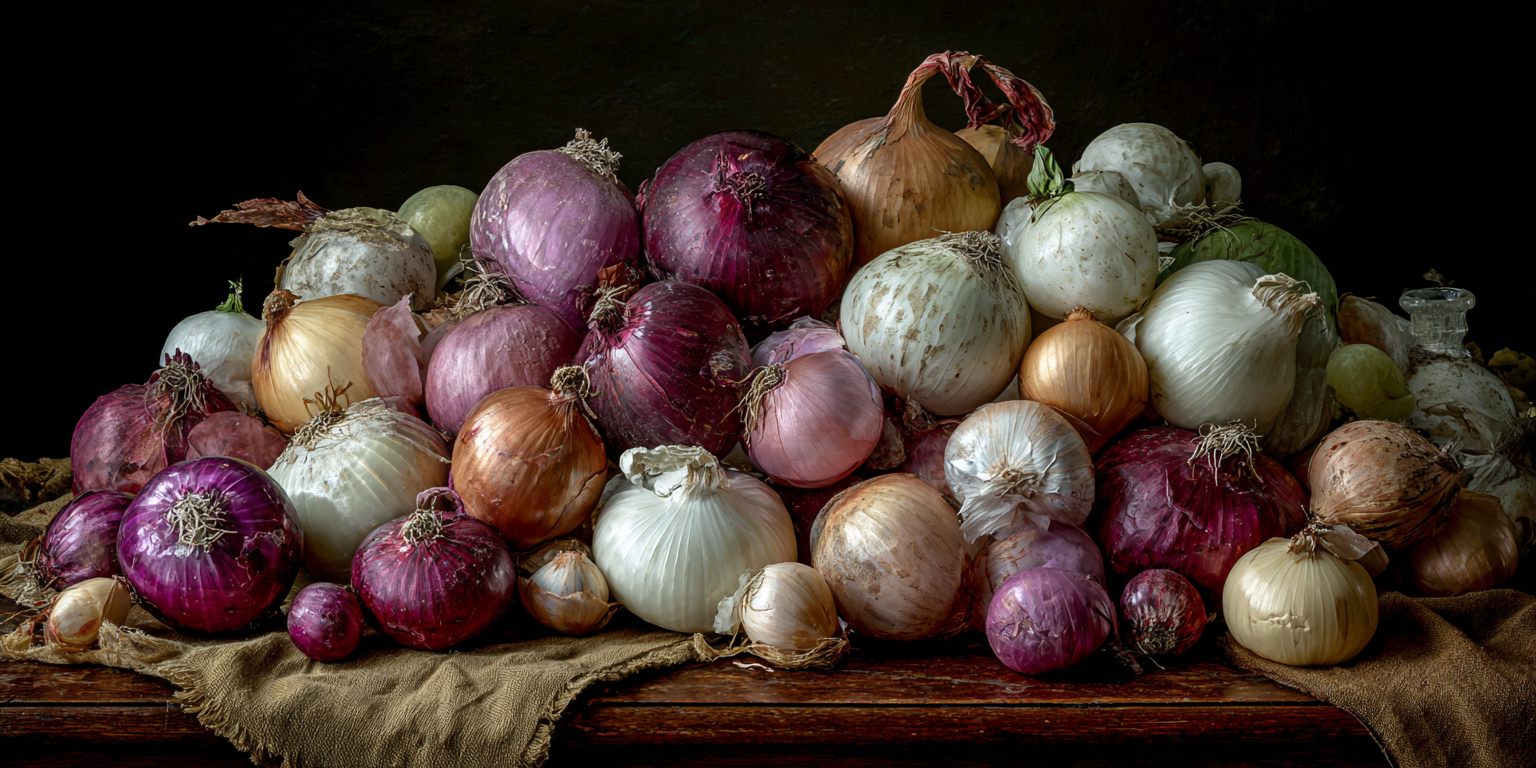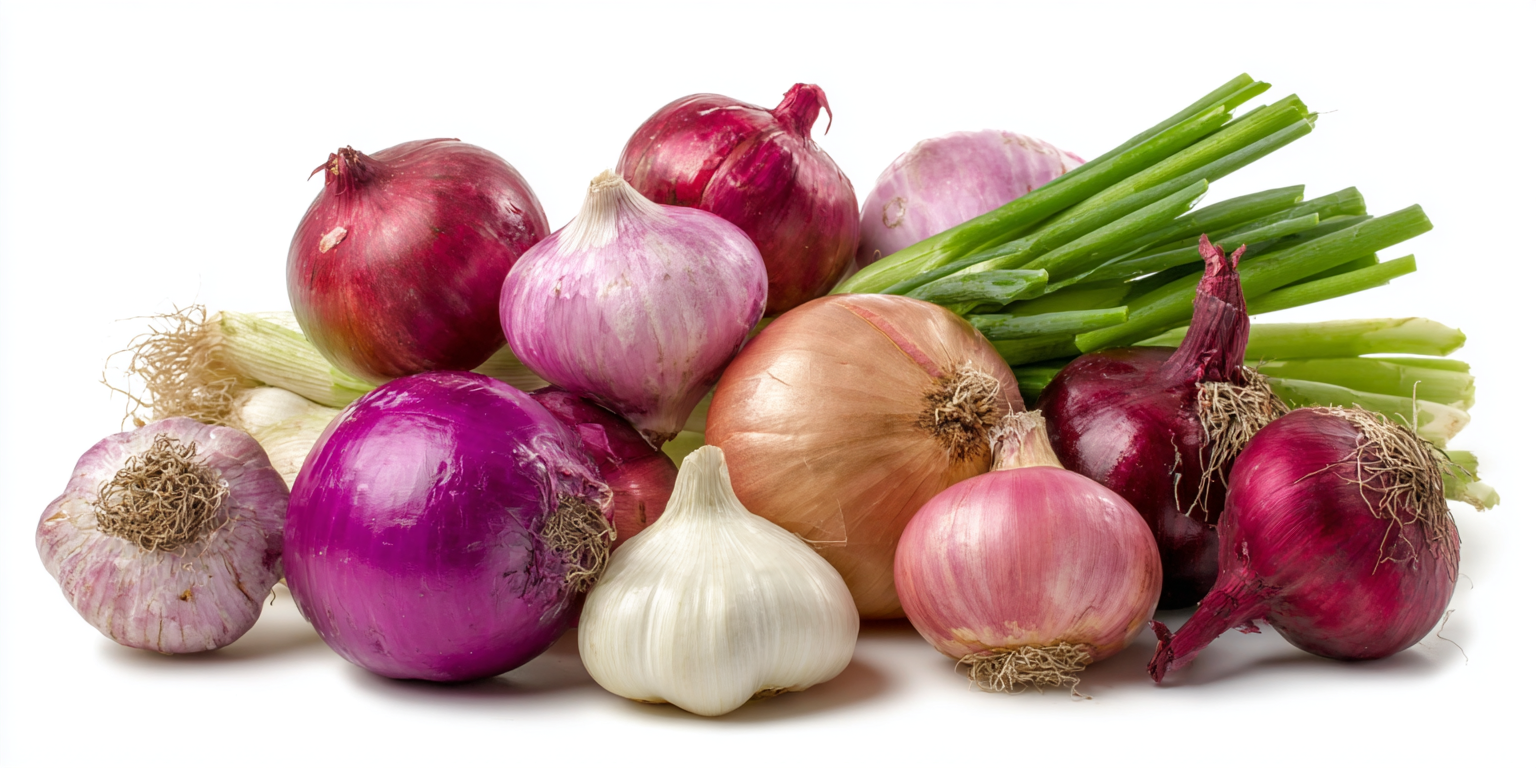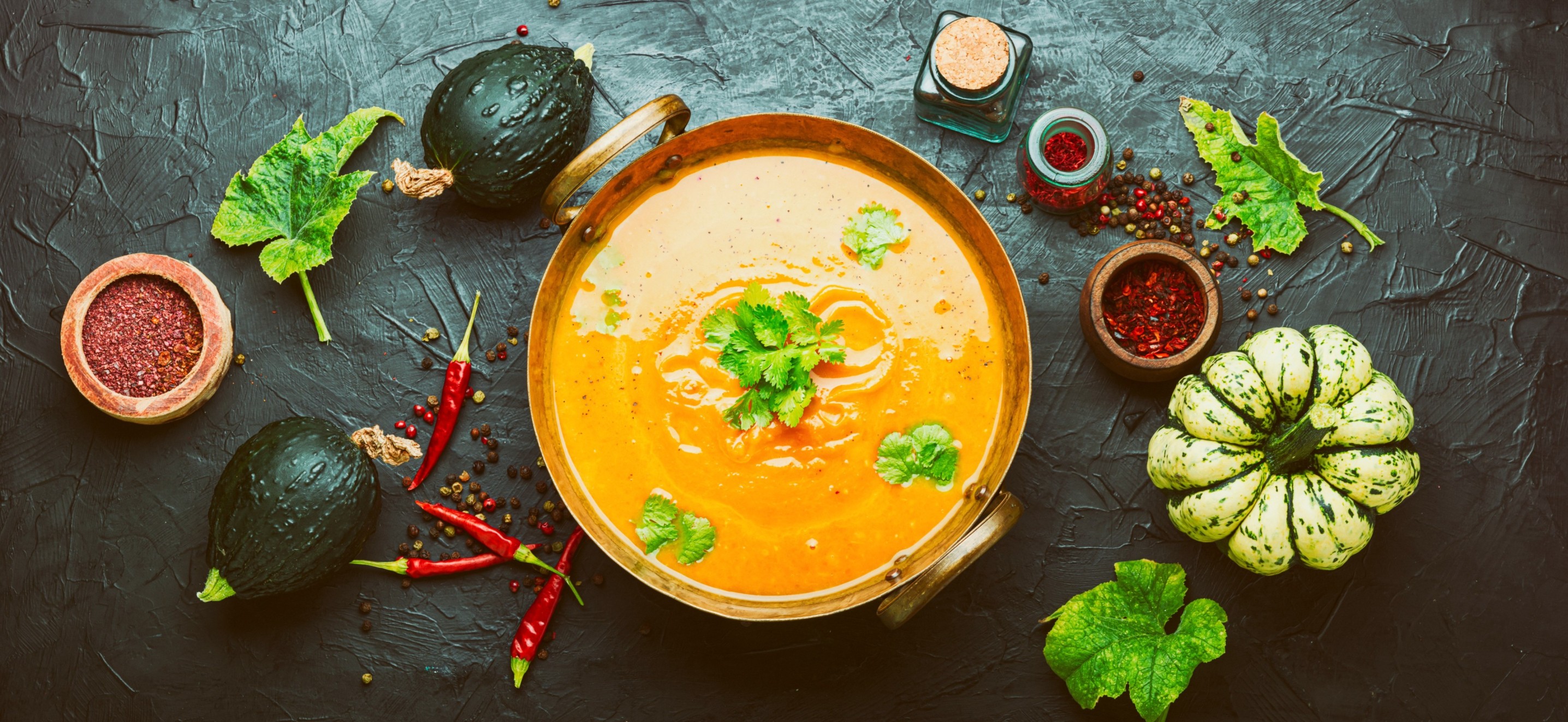the intersection of diet and happiness:
serotonin, dopamine, and cortisol
The pursuit of happiness is an enduring human endeavor, one often intertwined with our biochemical processes. Within the frameworks of Traditional Chinese Medicine (TCM) and Western nutritional science, the role of neurotransmitters such as serotonin, dopamine, and cortisol is crucial. While there is no magical concoction of medicines or foods that directly grant happiness, understanding how our dietary choices interact with these neurotransmitters provides a path to enhancing general well-being and emotional balance.
debunking the myth of happiness in a pill!
It’s essential to address a prevalent misconception: happiness cannot be packaged in pills or foods. Rather, it’s a complex interplay of emotions, environment, and biochemistry. Attempting to artificially induce happiness through drugs or external substances often disrupts the delicate balance of neurotransmitters, leading to temporary highs followed by significant lows. The cycle can result in altered dopamine and serotonin levels, impacting mood and general well-being.
We cannot talk about the Biochemistry of Happiness without understanding the function of serotonin produced foremost in the human gut (enterochromaffin cells lining the intestine) and our brain stem (raphe nuclei). So fittingly highlighting my lifelong quest in preaching y’all to adapt that the gut directly influences how your brain copes… especially in a stressful world!
Serotonin is frequently associated with feelings of well-being and happiness. It plays a vital role in regulating mood, sleep, and appetite. Dopamine, on the other hand, is linked to the brain’s reward system, driving feelings of pleasure but also closely tied to habits and addiction. Cortisol, commonly known as the stress hormone, also influences alertness and energy levels, enhancing wakefulness.
Foods enhancing cortisol release may support morning alertness and focus. These include proteins like eggs, fish, and healthy fats, such as those found in avocados and nuts, which can help stabilize energy levels and promote a more alert start to the day. Salted nuts increase dopamine production in the kidneys and positively modulate dopamine signaling: Yes, in a “healthy amount” actually regulates blood pressure. ‘Careful not to misread this!
Foods rich in tryptophan, an amino acid precursor to serotonin, can support mood regulation. These include turkey, bananas, nuts, and seeds. Consuming carbohydrates can also assist in serotonin production but should be balanced to avoid spikes and crashes. My mission in this blog is to “confuse” the many friends trying to eat healthy and radically “cut out” essential nutrition needed to regulate a healthy balance. Yes, salt, fat and sugar in moderation are important food sources to balance happiness!
Dopamine is naturally stimulated by protein-rich foods like lean meats, dairy, beans, and legumes. However, excessive pursuit of dopamine highs through behaviors like overeating or substance use can deplete serotonin levels over time, leading to mood instability and decreased happiness. Since we are all individuals trapped in similar bodies with the same carbon footprint; what might work best for your friend could be a terrible life choice for you.
For me, as a TCMchef, I emphasize balance and moderation, advocating for dietary and lifestyle choices that support the body’s natural equilibrium. Here are some of my insights into neurotransmitter regulation:
– Yin and Yang Foods: Balancing yin (cooling) and yang (warming) foods can foster overall balance, helping to stabilize mood and energy.
– Adaptogenic Herbs: Herbs like ginseng and astragalus may support stress management and energy levels, indirectly influencing cortisol and dopamine pathways.
– Mindful Eating: TCM encourages present-moment awareness and connection with food, promoting a more holistic approach to eating that can enhance satisfaction and emotional well-being. Yes, put your phone away, help preparing food, interact, stir, lick, taste, laugh and make your plate look pretty: We must activate all senses when food is medicine!
To cultivate happiness and well-being, focus on dietary patterns that naturally support neurotransmitter balance without relying on extreme measures:
Avoid Foods that diminish Serotonin and Dopamine, like processed foods high in sugar and unhealthy fats (palm oil) can disrupt the balance of neurotransmitters. Prioritizing whole grains, lean proteins, and healthy fats (yes, butter) can foster emotional stability.
Instead of seeking happiness in specific foods, view a healthy diet as a foundation for resilience and emotional health—part of a broader lifestyle approach encompassing exercise, meaningful connections, and stress management. Try foods that are from different cultures, snoop out items you are unfamiliar with, encourage others to invite you to taste something new, and learn about cultural variations.
While food isn’t a magic fix for happiness, mindful dietary choices can significantly influence our emotional states. By leveraging the wisdom of TCM and modern nutritional science, it’s possible to cultivate a lifestyle that nurtures both body and mind, paving the way for lasting happiness rooted in balance and well-being.
As we continue this exploration, let’s engage in meaningful dialogue about the powerful connections between our dietary choices and emotional states, striving to create a more holistic and fulfilling approach to health and happiness. Be kind when disliking a food item, your “judgment” might come across as dismissive. Embrace criticism about your own food routines and aim to do less harm to your body and mind.
let’s highlight a few food sources:
 Pumpkins and kabocha squash, like many other vegetables, contain nutrients that contribute to overall health and can indirectly support the production and balance of neurotransmitters like dopamine and serotonin in the human body. Here’s how they play a role: Curcubitaceaes (family name for all pumpkins) are rich in Tryptophan: Pumpkins and their seeds, as well as Kabocha squash, contain tryptophan, an essential amino acid that serves as a precursor to serotonin. Consuming foods rich in tryptophan can support serotonin production, which is associated with mood regulation, sleep, and feelings of well-being. Yes, that’s the only known amino acid for most Americans is tryptophan, because that Thanks Giving Turkey clearly puts everyone to sleep…
Pumpkins and kabocha squash, like many other vegetables, contain nutrients that contribute to overall health and can indirectly support the production and balance of neurotransmitters like dopamine and serotonin in the human body. Here’s how they play a role: Curcubitaceaes (family name for all pumpkins) are rich in Tryptophan: Pumpkins and their seeds, as well as Kabocha squash, contain tryptophan, an essential amino acid that serves as a precursor to serotonin. Consuming foods rich in tryptophan can support serotonin production, which is associated with mood regulation, sleep, and feelings of well-being. Yes, that’s the only known amino acid for most Americans is tryptophan, because that Thanks Giving Turkey clearly puts everyone to sleep…
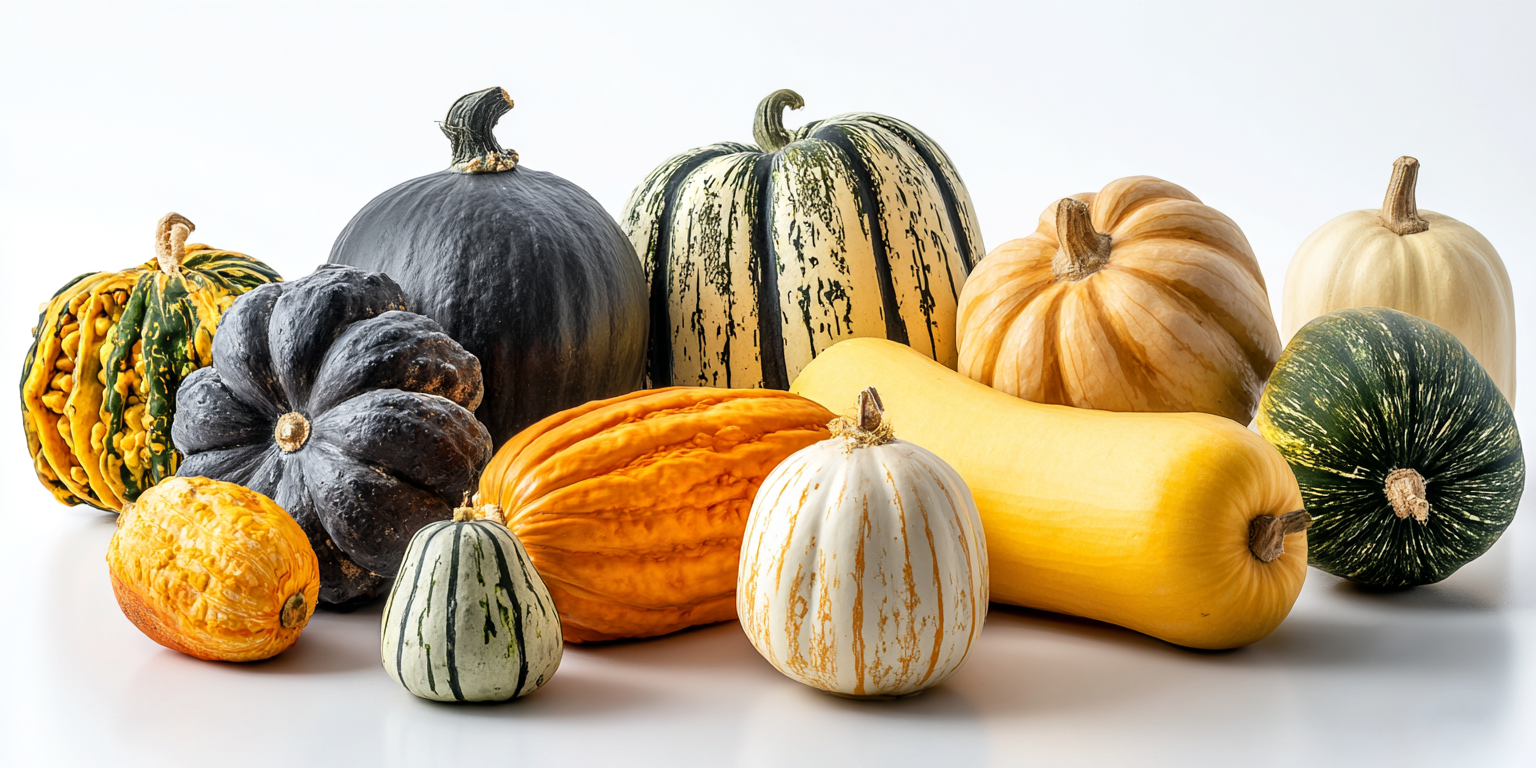
Most squashes also provide vitamin B6, a cofactor in the conversion of tryptophan to serotonin and in the synthesis of dopamine. Adequate levels of vitamin B6 are crucial for maintaining the balance of these neurotransmitters, impacting mood and emotional health. Think of starchy vegetables, yams, potato and chickpeas… So, tryptophan together with serotonin can trigger an angry reaction when agitated. Yup, back to the Thanksgiving dinner…
Pumpkins and kabocha squash are rich in antioxidants, such as beta-carotene and vitamin C. Antioxidants combat oxidative stress, which can harm brain cells and affect mental clarity and mood regulation.
Fiber and Nutrient Density: A diet high in fiber and nutrients, as found in these squashes, supports gut health. There’s can be no doubt in 2025 that gut health is linked to brain health, particularly in the production and regulation of neurotransmitters – a relationship often referred to as the gut-brain axis. Most sugary soft drinks for example, increase gamma-aminobutyric acid (GABA). Yes, glutamate and dopamine alterations can be measured in brain waves (EEG) and eventually lead to strokes and dementia. The foremost culprits are the “power aid” caffeinated drinks to “keep you awake” and sold in every gas station kiosk. They are deadlier than heroin! They are highly addictive!
The seeds of pumpkins, in particular, are a good source of magnesium, a mineral that plays a role in numerous biochemical reactions in the body, including those that regulate mood and neurological function. Adequate magnesium levels are important for optimal neurotransmitter function, including dopamine and serotonin.
In summary, while eating pumpkins and kabocha squash might not directly increase dopamine and serotonin levels, their nutrient profiles support the underlying processes that contribute to neurotransmitter synthesis and overall mental health. Including these nutrient-rich foods as part of a balanced diet can certainly contribute positively to mood regulation and emotional well-being.
Excessive sugar consumption can have several negative effects on serotonin and cortisol levels in the human body, leading to potential health concerns. Here’s an example illustrating these effects:
the rollercoaster of blood sugar levels:
Consuming a high amount of sugar causes a rapid spike in blood glucose levels. This sudden increase prompts the pancreas to release insulin, a hormone that helps cells absorb glucose for energy. This process can lead to an equally rapid drop in blood sugar, often referred to as a “sugar crash.” That’s why brown rice or Basmati rice is an ideal choice, they do not cause a sugar spike even in people with Type 2 diabetic problems.
In response to a crashing blood sugar level, the body may release cortisol, the stress hormone, to stabilize glucose levels by prompting the liver to release stored glucose. Frequent spikes and crashes in blood sugar can lead to consistently elevated cortisol levels, which is detrimental to health. Chronically high cortisol can lead to increased stress, anxiety, weight gain, and disrupted sleep patterns. To make matters worse; most of these sugar spiked drinks are also carbonated which enhance acid reflux. You’ve already triggered your ”anger response” and now you have to cope with esophagus burn…
Serotonin, a neurotransmitter often associated with mood regulation and feelings of happiness, is also influenced by dietary habits. The rapid fluctuations in blood sugar levels can interfere with tryptophan’s ability to convert into serotonin. Tryptophan competes with other amino acids to cross the blood-brain barrier, and insulin helps to clear these competing amino acids, allowing tryptophan better access. However, volatile insulin levels due to sugar can disrupt this balance, potentially affecting serotonin production. There is your biological “NO” to sugar dense carbonated drinks. Next time your friend hisses at you with a carbonated Kombucha in hand (produced by Pepsi); void a response and remember my blog.
The interplay between disrupted serotonin and elevated cortisol can contribute to mood swings, anxiety, and depression. Over time, these effects can lead to more significant mental health problems and overall emotional instability. The calming and stabilizing benefits of serotonin are compromised, while the body remains in a heightened state of stress due to elevated cortisol.
Chronically elevated cortisol and impaired serotonin production can impact overall well-being. This may include sleep disturbances, impaired cognitive function, weakened immune response, increased appetite and cravings (particularly for more sugar), and a higher risk of developing metabolic disorders. By understanding the effects of sugar on serotonin and cortisol, it becomes clear why moderation and balance in sugar consumption are crucial for maintaining stable mood and health. Opting for whole, nutrient-dense foods rather than sugar-laden ones can support a more balanced production of neurotransmitters and hormones, leading to improved mental, emotional, and physical well-being. But, being a devil’s advocate, a little bit of sugar is actually healthy!
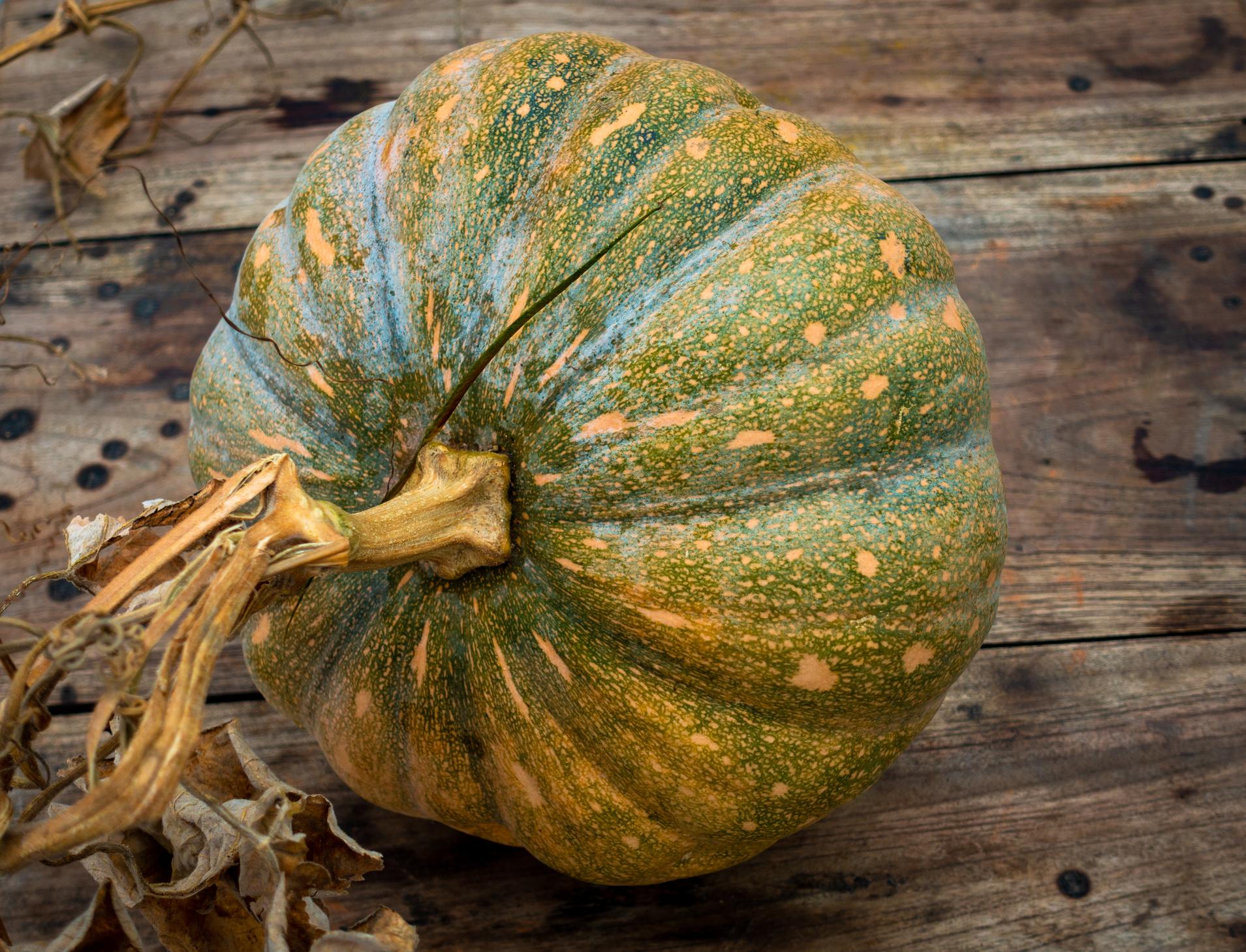
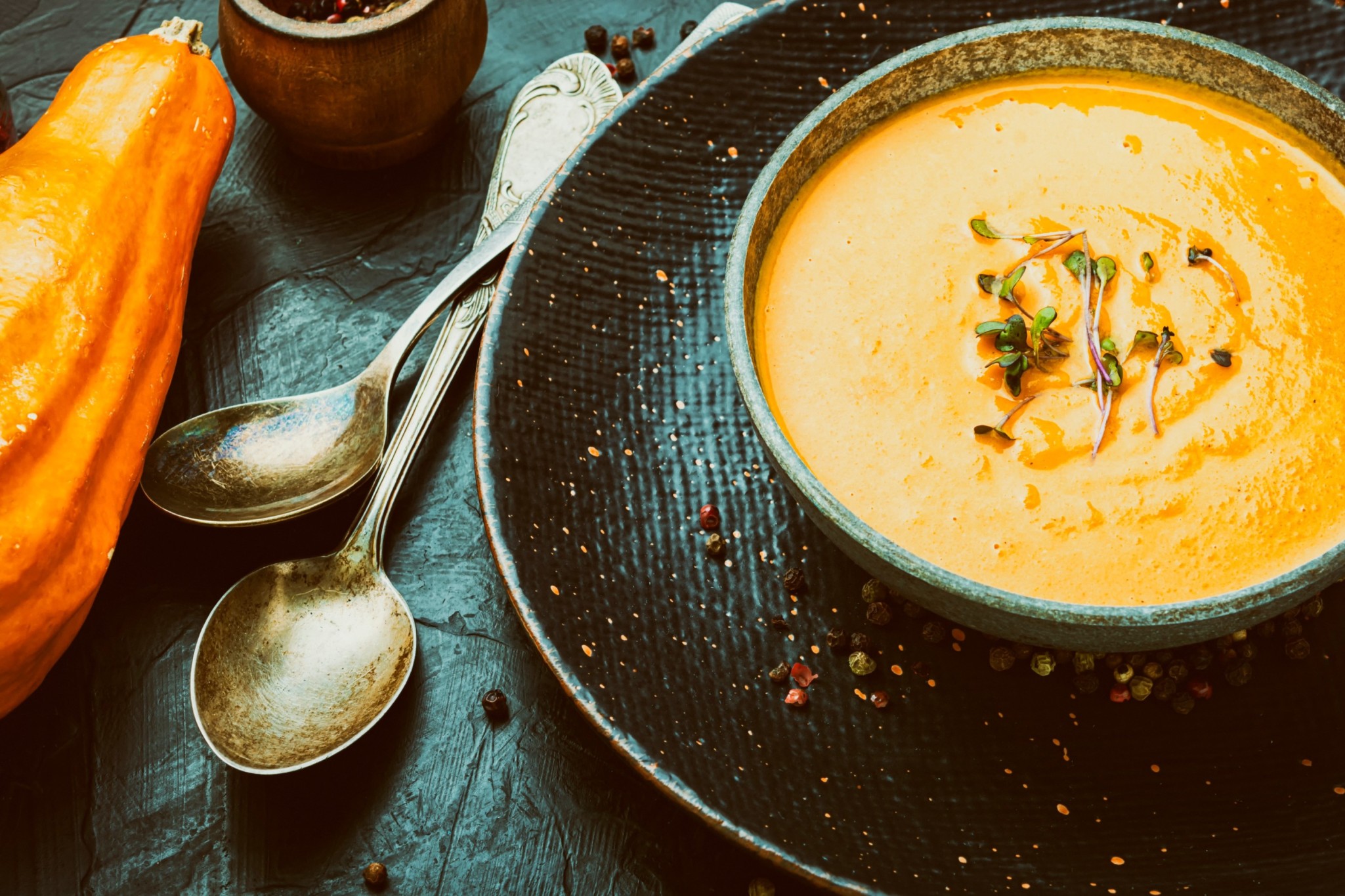
Traditional Chinese Medicine focuses on balancing the body’s energy systems and enhancing overall well-being, which can be supportive during recovery from drug addictions. Here are four foods I commonly highlight for their potential benefits in stabilizing mood, improving sleep, and helping to manage cravings and emotional health:
1. Brown Rice:
– Benefits: Brown rice is considered a stabilizing food that nourishes the Spleen and enhances Qi (energy) in TCM. It’s a complex carbohydrate that slowly releases glucose into the bloodstream, helping maintain stable blood sugar levels. This steadiness can reduce cravings and stabilize mood, both of which are crucial during withdrawal and recovery.
– Hormonal Impact: By supporting steady insulin production and avoiding spikes and crashes in blood sugar, brown rice indirectly helps stabilize neurotransmitter balance, including serotonin.
2. Goji Berries:
– Benefits: Known for nourishing the blood and Yin in TCM, goji berries support the liver and kidneys. They are rich in antioxidants, vitamins, and minerals.
– Hormonal Impact: The nutrients in goji berries, such as vitamin C and beta-carotene, can improve overall energy and mood, supporting dopamine pathways and enhancing feelings of well-being.
3. Walnuts:
– Benefits: Walnuts are considered useful for nourishing Kidney Qi and supporting brain health. They are rich in omega-3 fatty acids, which are critical for brain function and have been linked to improvements in mood and cognitive health.
– Hormonal Impact: Omega-3s help in maintaining healthy dopamine levels, which can be particularly beneficial for boosting mood and reducing cravings that are common during addiction recovery.
4. Reishi Mushroom:
– Benefits: Known as the “mushroom of immortality,” reishi is widely used in TCM for its calming properties. It is believed to enhance the Shen (spirit) and balance Qi, which can help reduce stress and promote better sleep.
– Hormonal Impact: Reishi mushrooms are adaptogens, helping the body manage stress and potentially supporting balanced cortisol levels. This balance can help in resetting sleep cycles disrupted by addiction and withdrawal.
5. Lastly: (baby) Arugula Salad – a favorite of mine.
– In TCM, arugula is viewed as a beneficial leafy green that aligns with both nourishment and detoxification, which can be particularly supportive during addiction recovery. Let me guide you through a few highlights:
1. Thermal Nature: Arugula is considered a cooling food in TCM, which means it can help balance excess heat in the body. This cooling property can be especially beneficial in addiction recovery, where detoxification and calming internal heat are often necessary.
2. Detoxification: Arugula supports liver function, crucial for detoxifying the body. In TCM, the liver is responsible for the smooth flow of Qi and blood, and arugula can contribute to clearing toxins that accumulate from substance use, aiding the recovery process.
3. Nutrient-Rich Composition: High in vitamins A, C, and K, along with essential minerals like calcium and potassium, arugula provides nutrients that support overall health. Vitamin C is particularly beneficial for immune function, while vitamin A supports eye health and skin repair, helping the body to heal and rejuvenate during recovery.
4. Digestive Aid: Arugula has properties that can stimulate digestion and appetite, which may be beneficial for individuals in recovery who often experience digestive disturbances. Good digestion is essential for nutrient absorption, ensuring that the body receives the building blocks needed for repair and restoration.
5. Mood Support and Emotional Balance: While not directly impacting neurotransmitters like serotonin or dopamine, the general improvement in nutrition and liver function can enhance mood stability and promote a sense of well-being. A body that is in balance and detoxified often supports a mind that is more centered and calm.
6. Regular Consumption Benefits: Incorporating arugula into regular meals provides a consistent source of these benefits, reinforcing the body’s natural healing processes and supporting sustained recovery efforts. Its peppery flavor adds vibrancy to meals, encouraging enjoyment and satisfaction in eating—a positive influence on mental and emotional health.
By integrating arugula into a balanced diet, individuals in addiction recovery can support their body’s detoxification processes and overall nourishment. In conjunction with other vegetables, herbs, and proteins, arugula contributes to a holistic dietary approach that aligns with the restorative goals often needed during recovery. Always incorporate such dietary changes alongside professional medical advice and a comprehensive recovery plan.
In addition to these foods, it’s crucial to assess individual health profiles and needs. Integrating these foods as part of a balanced, nutrient-rich diet supports the healing process initiated by TCM practices. While dietary changes can play a vital role in recovery, they should complement a comprehensive recovery plan that includes medical support and guidance tailored to individual needs. As always, a holistic approach that combines nutrition, lifestyle changes, and professional support offers the best foundation for overcoming addiction and achieving lasting wellness.
If you’re in search of a natural product that induces your own melatonins to “kick in” – try out this product from IMS supplement “quick to sleep” that I personally can voucher for! (use code TCMchef for a special deal).
Share this blog with your friends. Thank you – TCMchef Raphael
